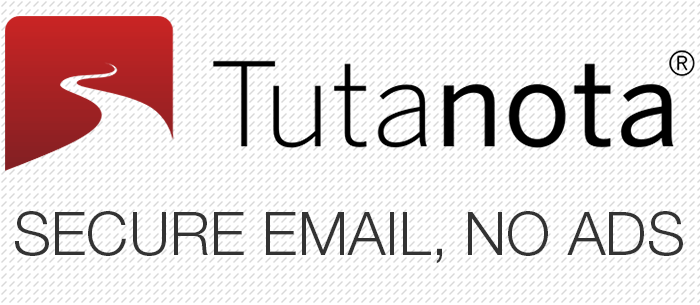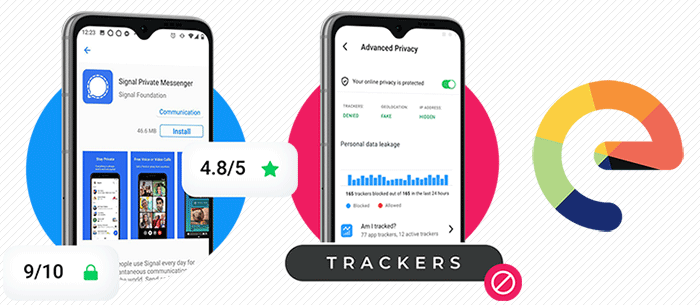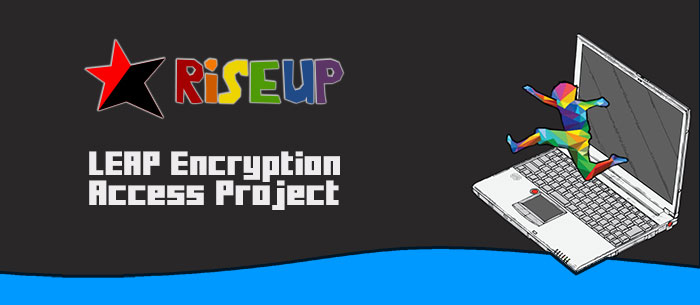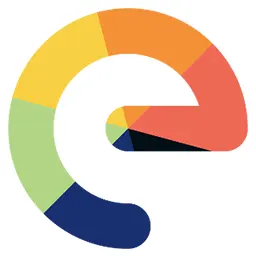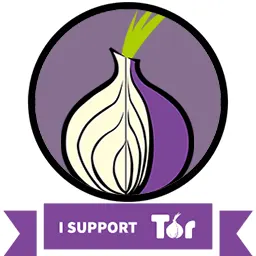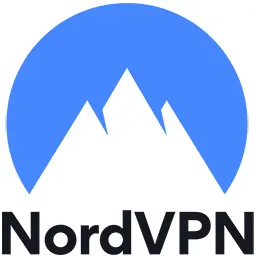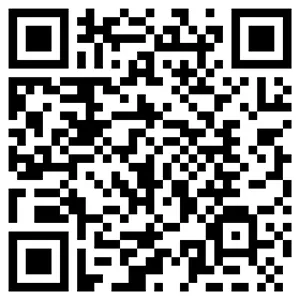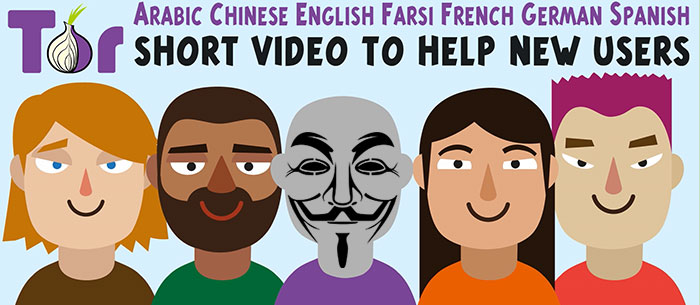
Home Anonymous Operations Civil Liberties in the Digital World Tor protects your privacy
Wednesday 18 March 2015
Tor protects our privacy and identity on the Internet.
We’ve gotten very used to the Internet. We are constantly sharing information about ourselves and our private lives: food we eat, people we meet, places we go, and the stuff we read.
Let me explain it better. Right at this moment, if someone attempts to look you up, they’ll see your real identity, precise location, operating system, all the sites you’ve visited, the browser you use to surf the web, and so much more information about you and your life which you probably didn’t mean to share with unknown strangers, who could easily use this data to exploit you.
But not if you’re using Tor!
Tor Browser protects our privacy and identity on the Internet. Tor secures your connection with three layers of encryption and passes it through three voluntarily operated servers around the world, which enables us to communicate anonymously over the Internet.
Tor also protects our data against corporate or government targeted and mass surveillance. Perhaps you live in a repressive country which tries to control and surveil the Internet. Or perhaps you don’t want big corporations taking advantage of your personal information. Tor makes all of its users to look the same which confuses the observer and makes you anonymous. So, the more people use the Tor network, the stronger it gets as it’s easier to hide in a crowd of people who look exactly the same. You can bypass the censorship without being worried about the censor knowing what you do on the Internet.
The ads won’t follow you everywhere for months, starting when you first clicked on a product. By using Tor, the sites you visit won’t even know who you are, from what part of the world you’re visiting them, unless you login and tell them so.
By downloading and using Tor, you can protect the people who need anonymity, like activists, journalists and bloggers.
Çeviri - Tor - Online mahremiyetinizi korur
Übersetzung - Tor - Freiheit & Privatsphäre im Netz
Tor - The Onion Router - Subtitles: Arabic, Chinese, English, Farsi, French, German, Spanish.
- More info - Tor Guide - Freedom & Privacy Online




